

Building Cities of Tomorrow: Harnessing IoT for Smart Urban Development
In an era of rapid technological advancement, the concept of a "smart city" has evolved from a futuristic idea to a tangible reality. The integration of Internet of Things (IoT) technology is playing a pivotal role in transforming urban landscapes and reshaping the way cities are designed, operated, and experienced. As we peer into the horizon of urban development, we witness a remarkable shift towards creating sustainable, efficient, and interconnected urban spaces.
Smart Cities: The Dawn of a New Era
The term "smart city" encapsulates a vision of urban environments that leverage digital technologies to enhance the quality of life for residents, optimize resource utilization, and facilitate seamless connectivity. IoT, a fundamental component of this vision, refers to the interconnection of everyday devices through the internet, enabling them to collect, transmit, and exchange data. This connectivity forms the backbone of the smart city ecosystem, enabling real-time data analysis and informed decision-making.
IoT's Role in Urban Transformation
IoT technology serves as the building block for smart city initiatives. Developers, architects, and urban planners are all embracing IoT to create intelligent, sustainable communities. By embedding sensors and connectivity into urban infrastructure, cities gain the ability to monitor and manage various aspects of their environment. From smart traffic management systems that alleviate congestion to waste management solutions that optimize collection routes, IoT-powered applications are enhancing efficiency and resource allocation.
Here are some applications that harness the power of IoT and digital connectivity to address various aspects of urban living:
Energy Management: Smart grids, energy-efficient buildings, and automated systems for energy consumption monitoring are driving energy efficiency, reducing costs, and minimizing environmental impact.
Water Management: Smart water distribution systems optimize water supply, reduce leakage, and promote water conservation.
Waste Management: Smart waste bins equipped with sensors optimize waste collection routes, minimizing operational costs and promoting efficient waste disposal.
Healthcare: Remote patient monitoring, telemedicine, and health tracking devices enhance healthcare accessibility and improve patient outcomes.
Education: Smart classrooms, e-learning platforms, and digital education tools are revolutionizing the education sector, making learning accessible and engaging.
Smart Governance: Digital platforms for citizen engagement, e-governance, and smart voting mechanisms enhance government services and promote transparency.
Public Safety: Smart surveillance, predictive policing, and emergency response systems leverage data analytics and real-time monitoring to enhance public safety and emergency management.
Environmental Monitoring: Sensors for air quality, water quality, and noise levels enable timely interventions to ensure a cleaner and healthier urban environment.
Urban Planning: Data-driven insights assist urban planners in making informed decisions about land use, infrastructure development, and public amenities.
Sustainability and Efficiency: Key Pillars of Smart Cities
At the heart of smart cities lies the profound commitment to sustainability. Harnessing the power of real-time data insights, these cities actively monitor energy consumption, air quality, and water usage. This enables prompt interventions that mitigate environmental impact and promote eco-friendly practices. Furthermore, the integration of smart transportation systems, featuring electric vehicles and efficient public transit, significantly contributes to cleaner air and reduced carbon emissions.
In the realm of smart cities, efficiency also emerges as a defining hallmark. With the seamless integration of IoT devices and sensors, urban operations become optimized to an unprecedented degree. Traffic flows are intelligently managed, minimizing congestion and commute times. Waste management systems are fine-tuned for optimal resource allocation. These advancements not only elevate the quality of life for residents but also streamline resource utilization, ultimately contributing to a more resilient and efficient urban landscape.
A Thriving Landscape for Investment
As the world witnesses the rise of smart cities, investment opportunities in the real estate sector are expanding. Forward-thinking investors are recognizing the potential of smart developments in terms of long-term value, sustainable returns, and resilience to changing market dynamics. Saudi Arabia, a nation committed to diversifying its economy under Vision 2030, is an ideal arena for smart city investment, with ample scope for innovation and growth.
Saudi Arabia's Journey Toward Smart Urbanism
Saudi Arabia's transformational journey is mirrored in its ambitious smart city projects. Initiatives like NEOM, a futuristic urban development along the Red Sea coast, epitomize the nation's commitment to digital transformation and sustainable growth. By embracing IoT and other advanced technologies, Saudi cities are poised to become global exemplars of smart urbanism, elevating the living standards of their residents.
Conclusion
The path to smart urban development is illuminated by the promise of a brighter, more sustainable future. As cities harness the power of IoT to optimize infrastructure, enhance connectivity, and improve residents' well-being, the real estate landscape undergoes a transformative shift. By investing in smart cities, we invest in progress, innovation, and a future that places technology and humanity at its heart.
Embark on a journey that explores the synergy between real estate, smart cities, and IoT – a captivating fusion of innovation and urbanism that is reshaping the global landscape.
As we look forward to the 42nd FIABCI Global Leadership Summit this December, we invite you to delve into the world of urban transformation unfolding before us. Register now


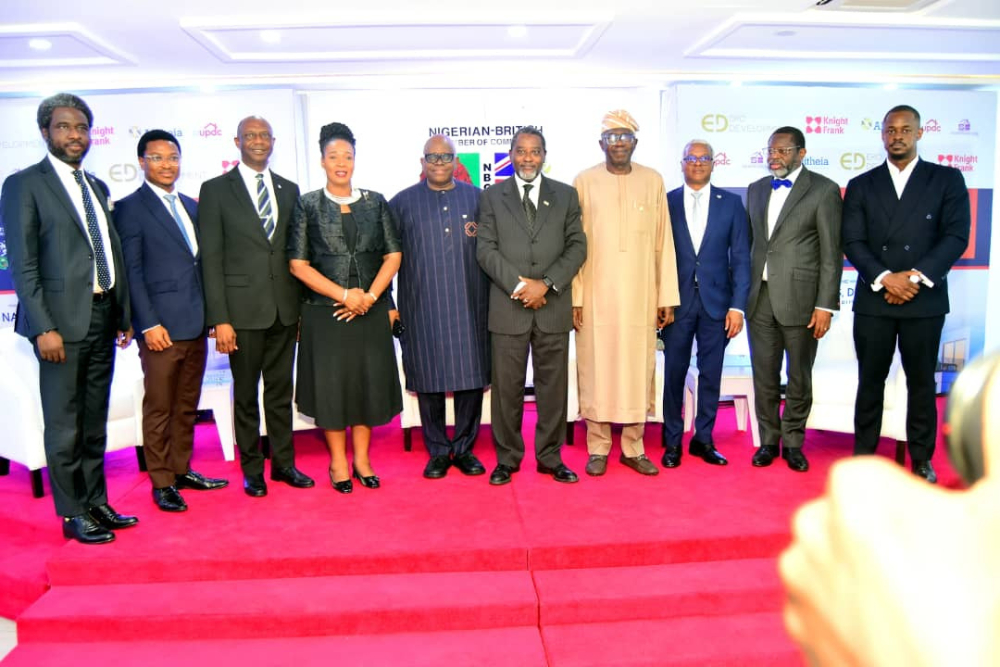
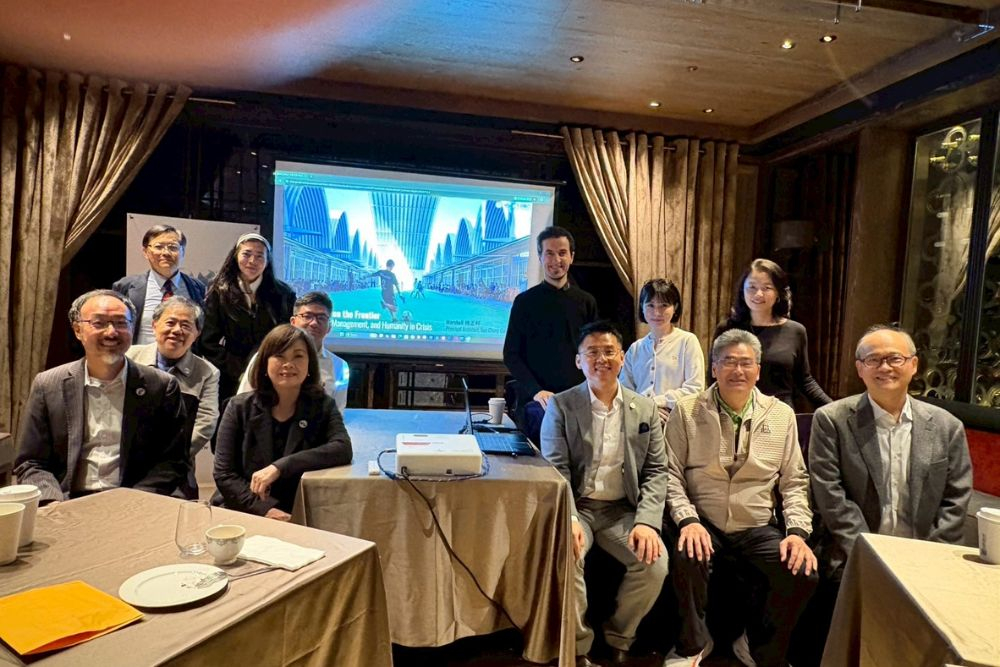
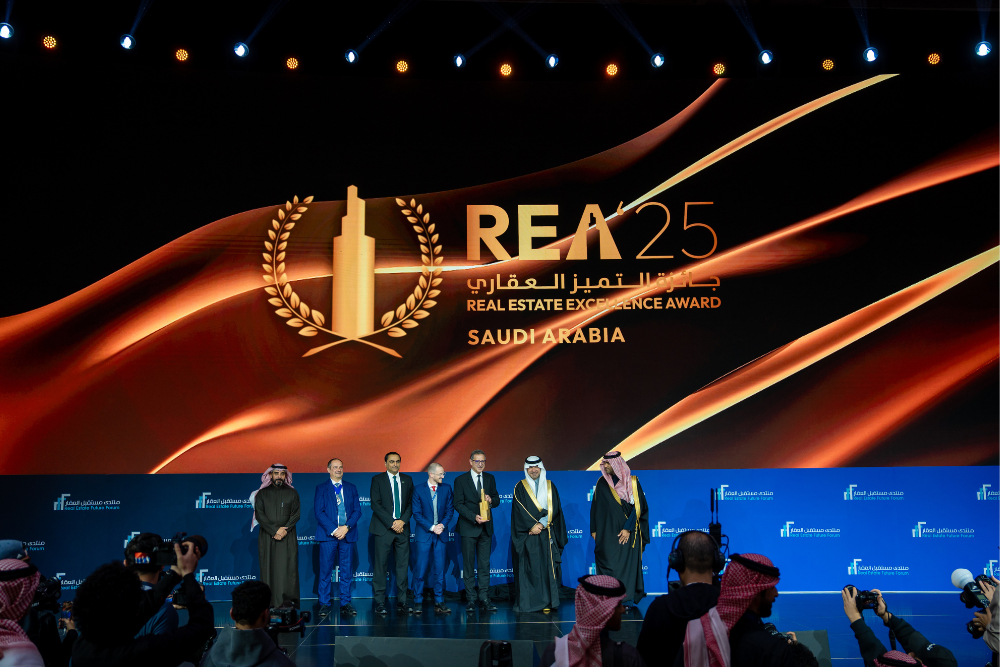
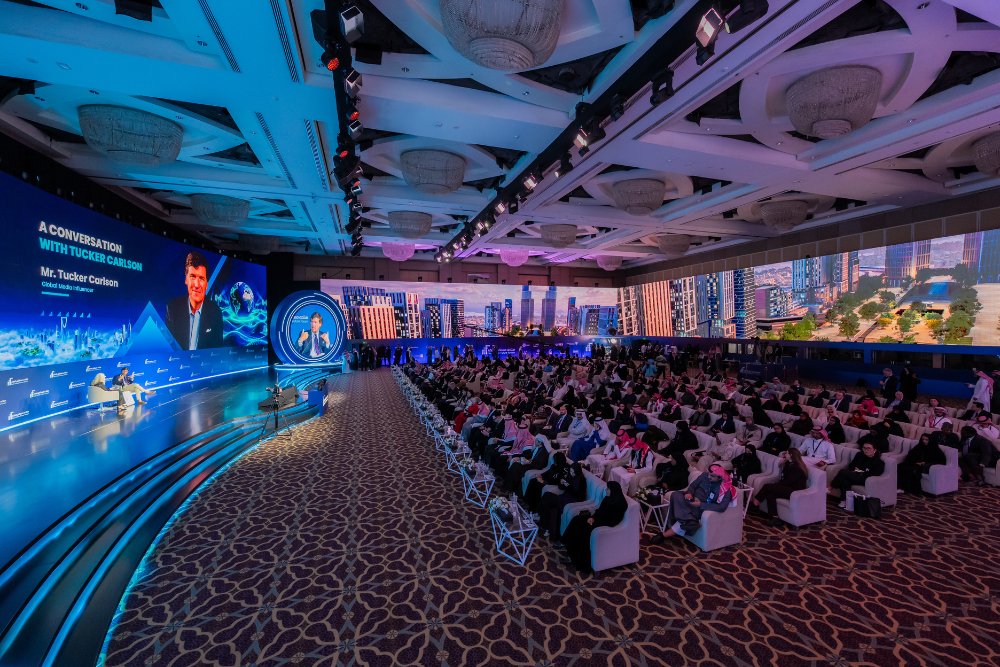
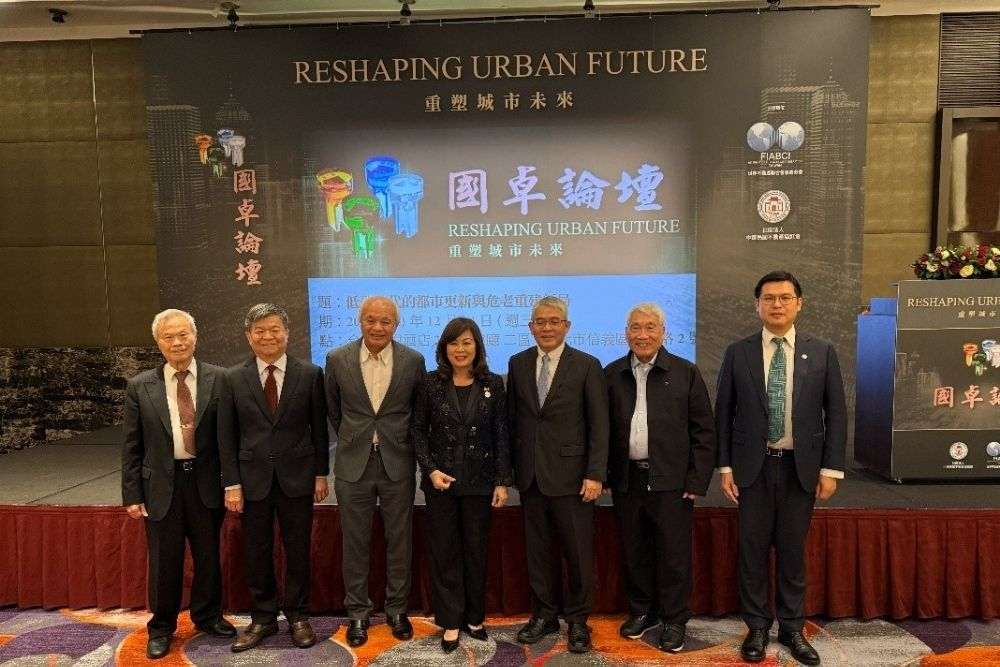
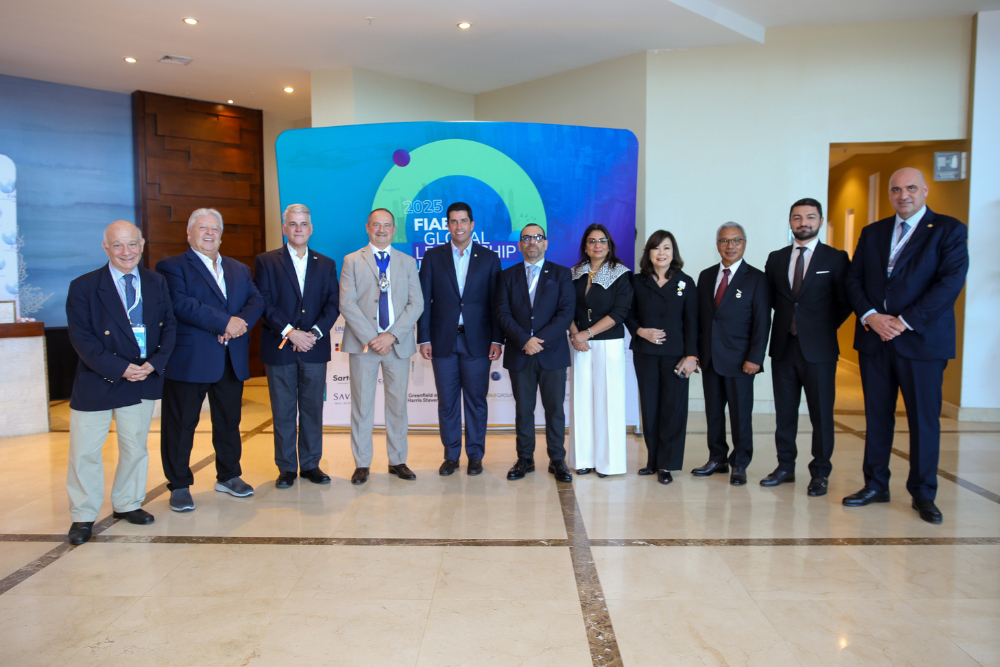
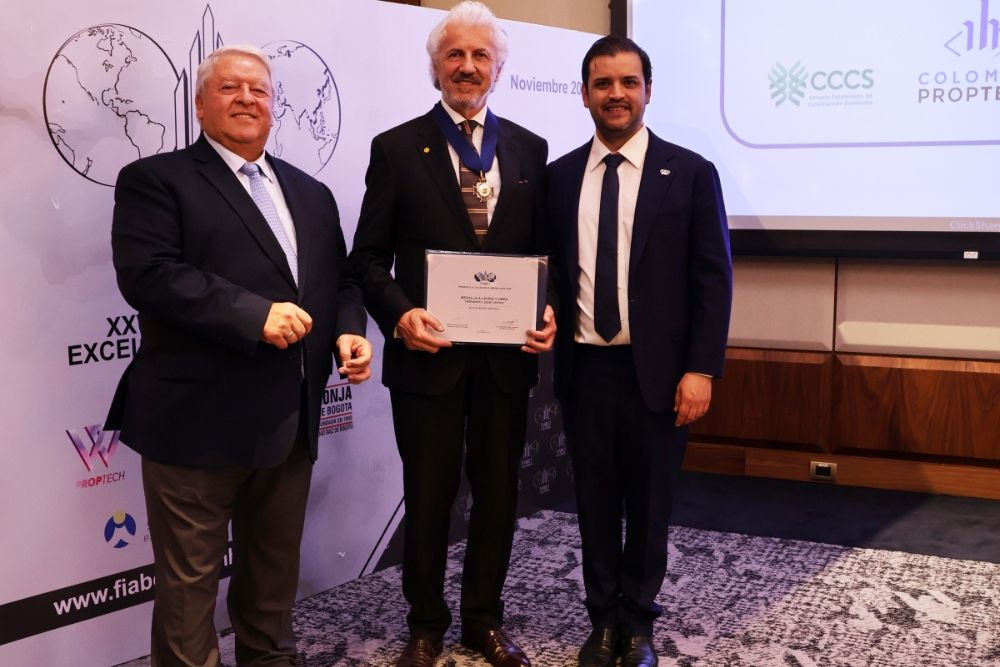
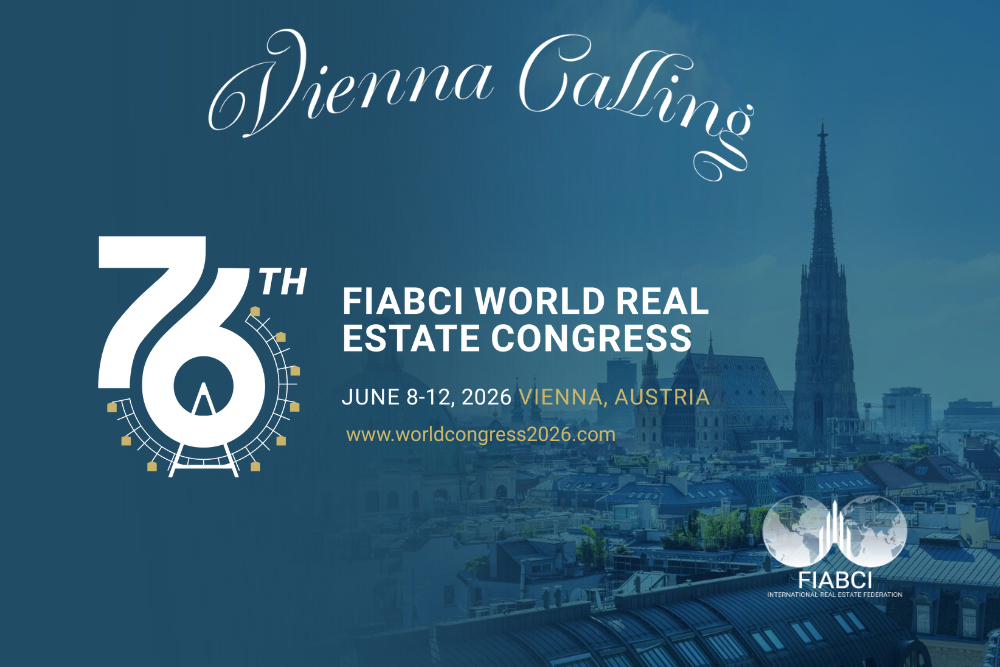
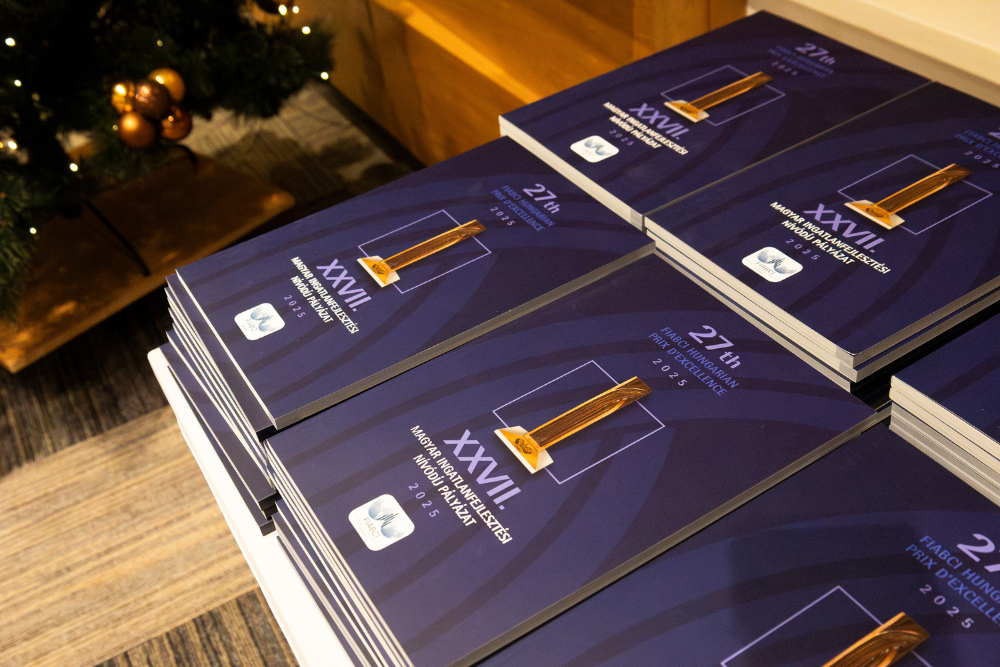
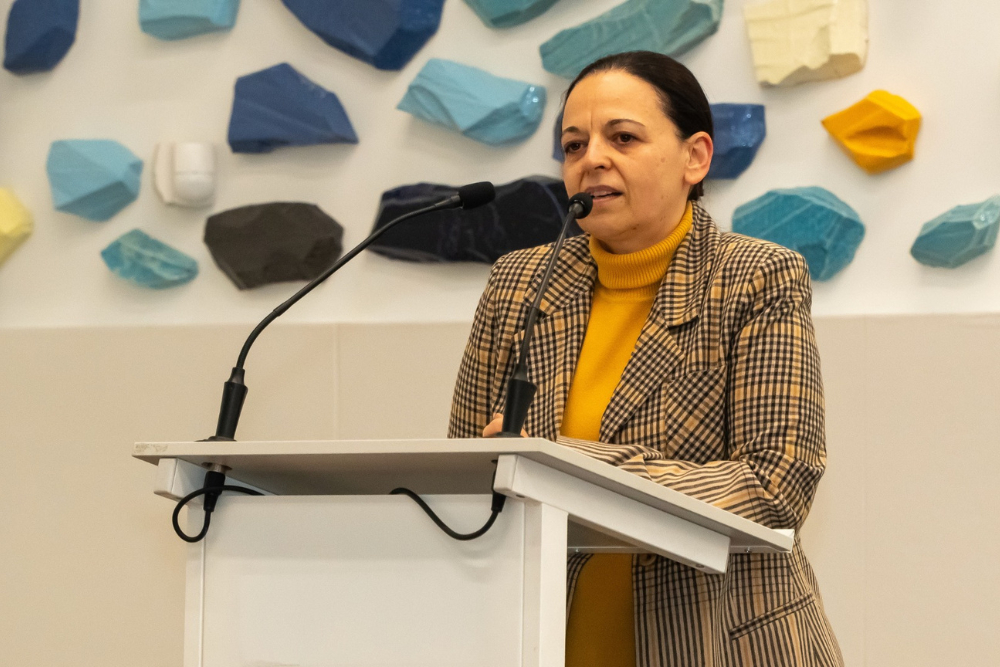
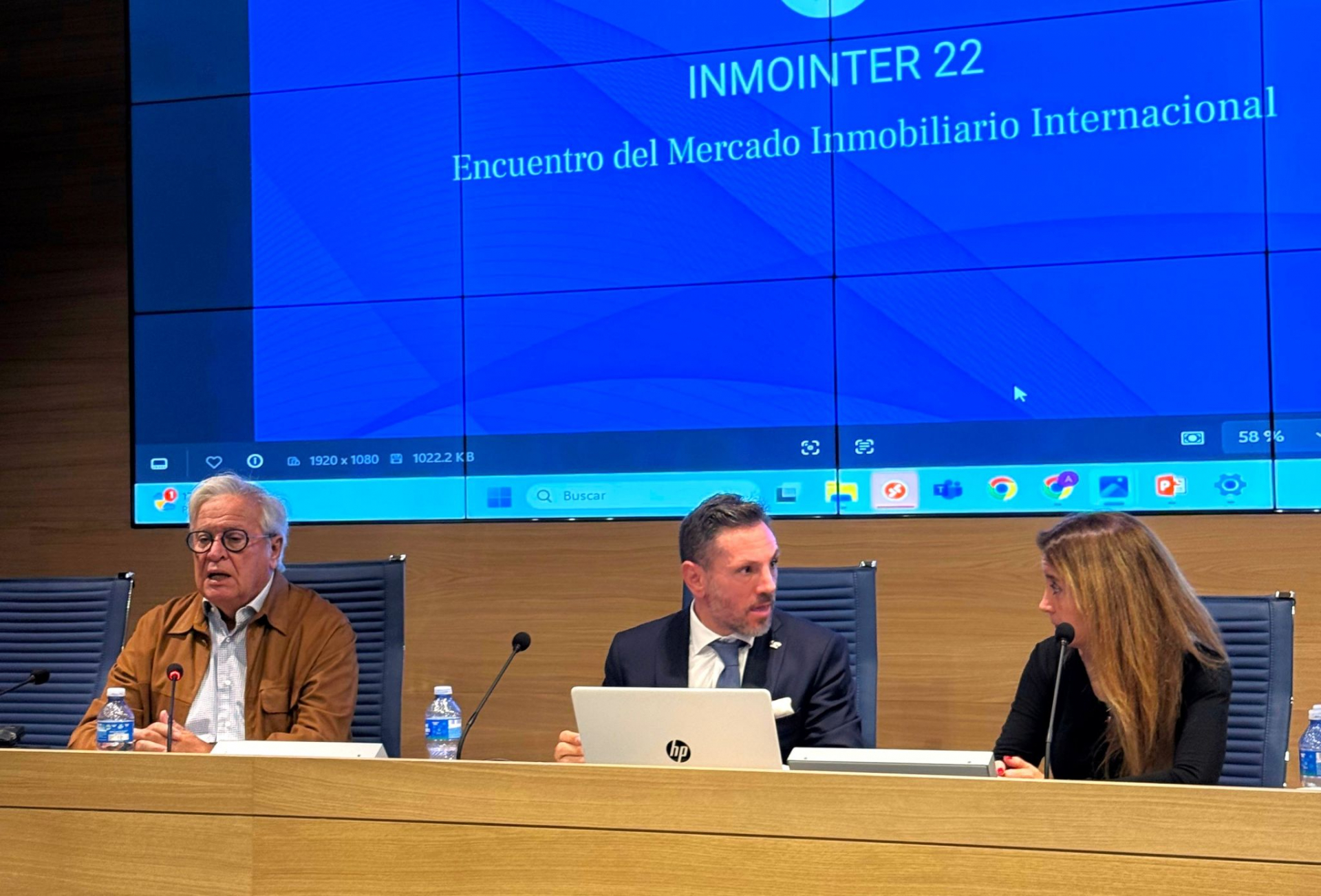
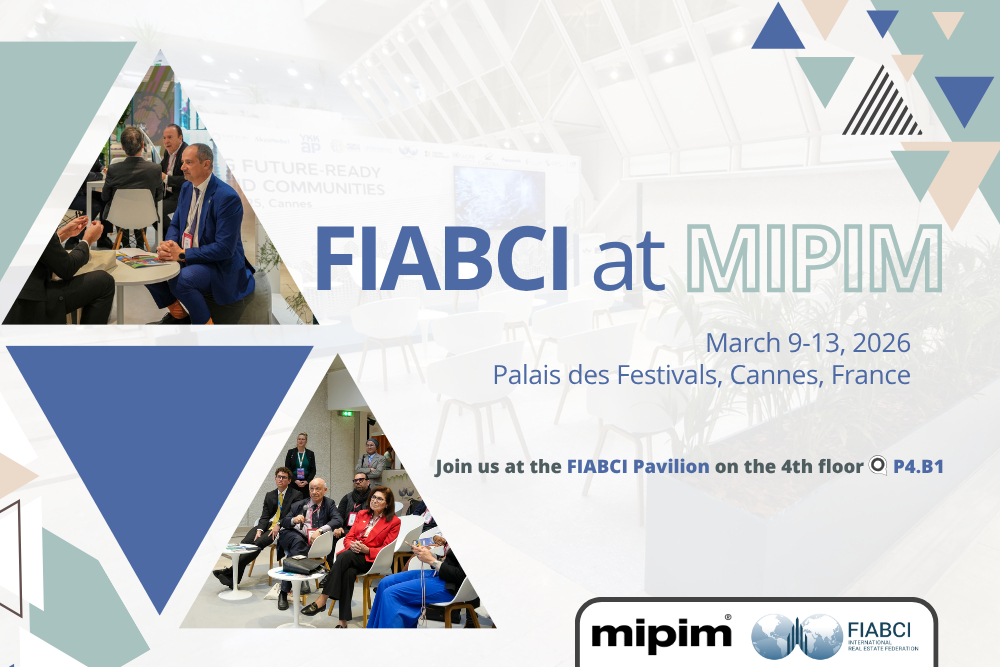
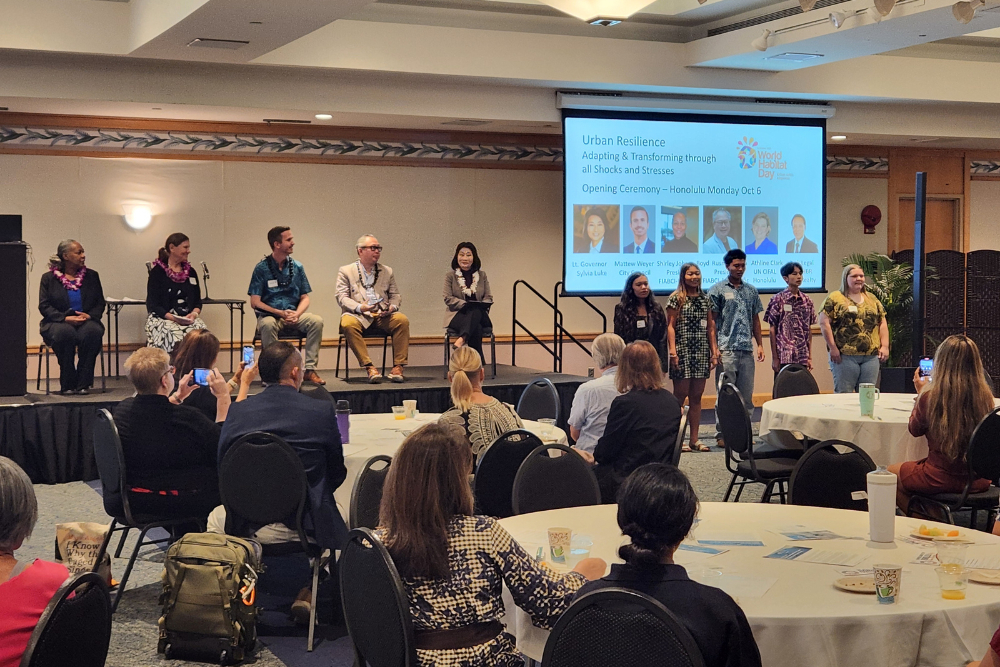
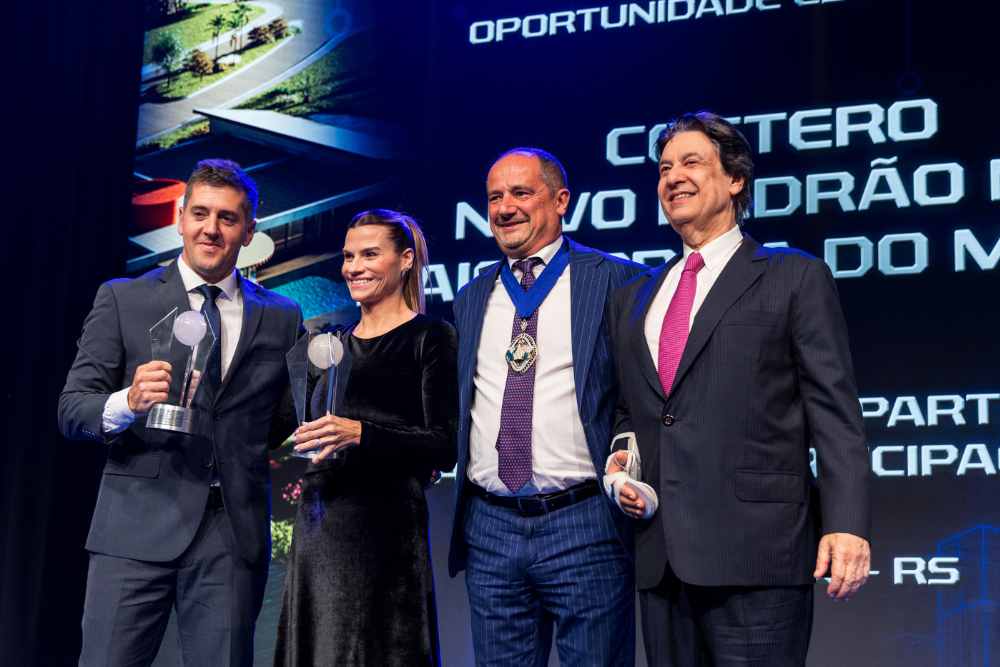

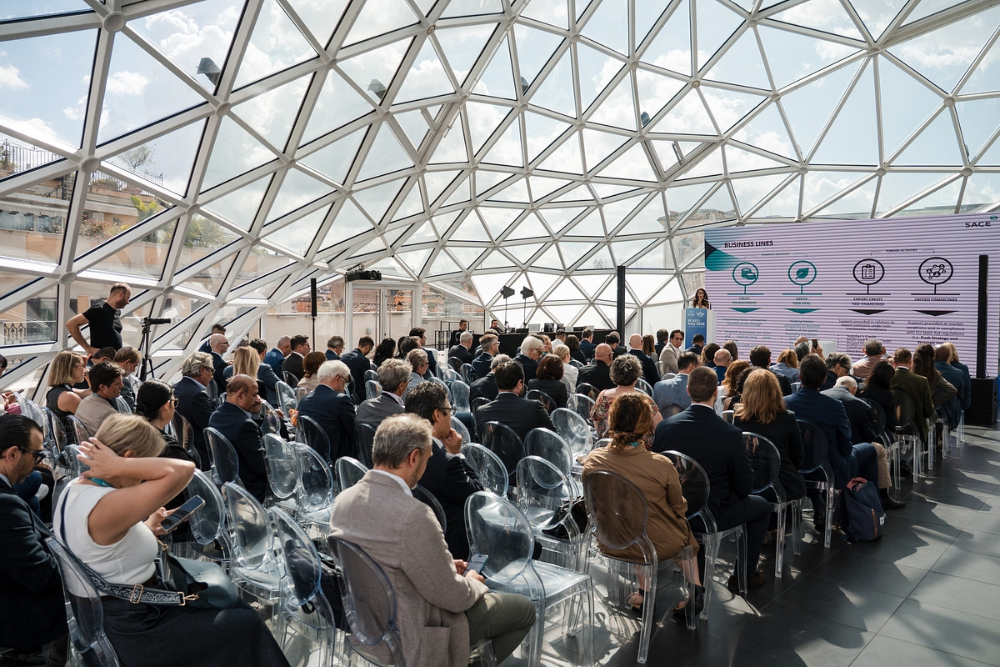
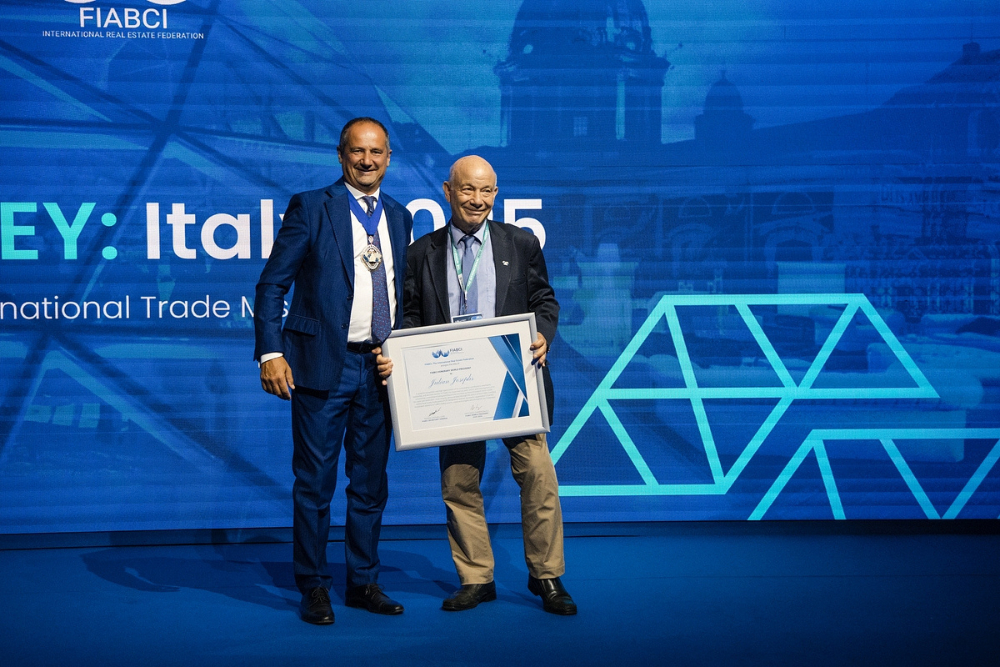
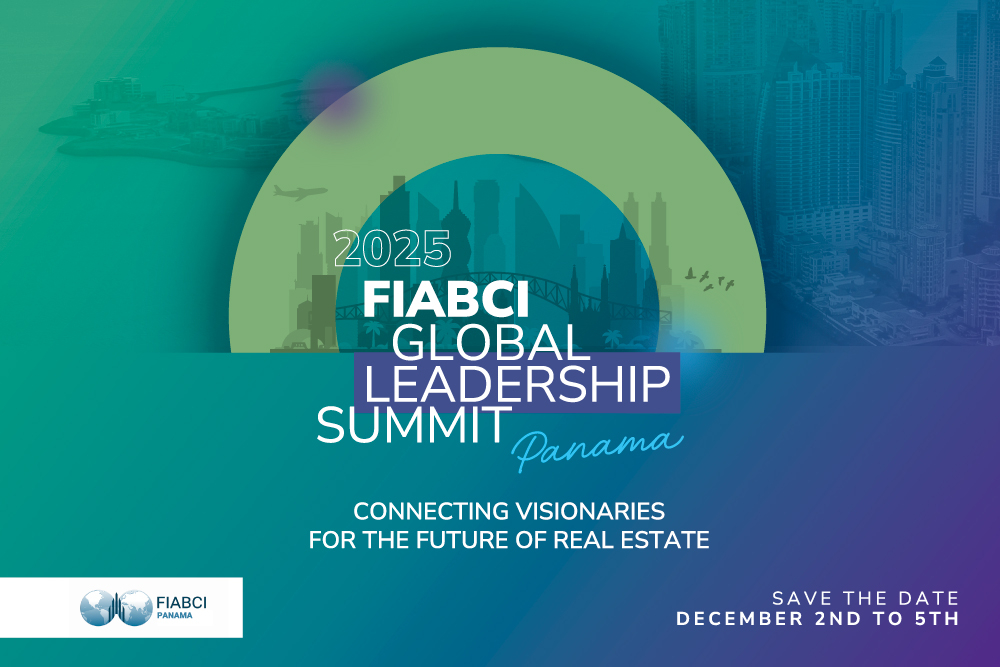


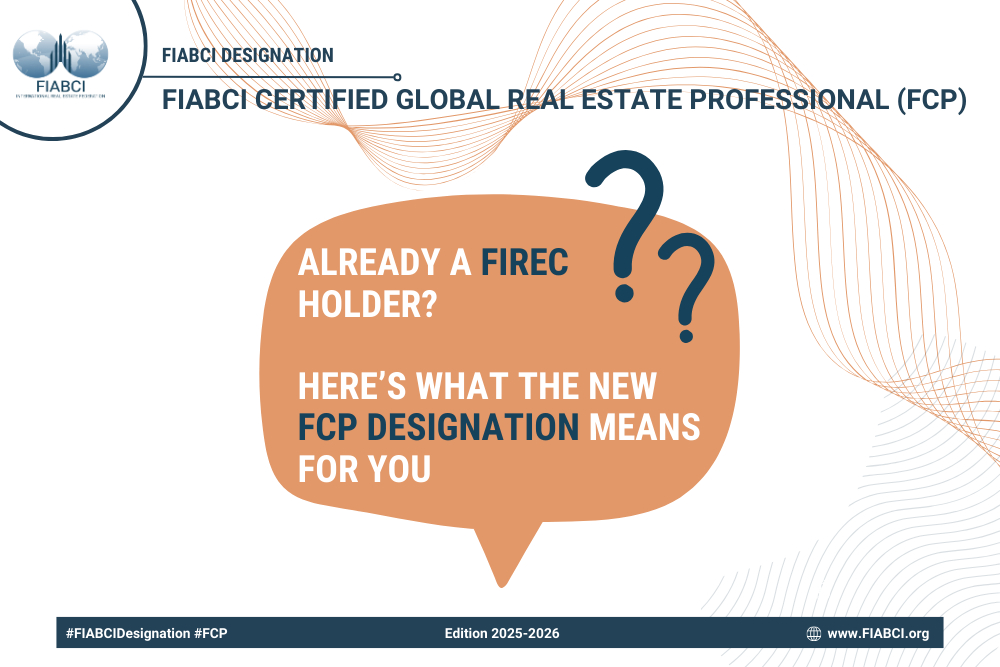
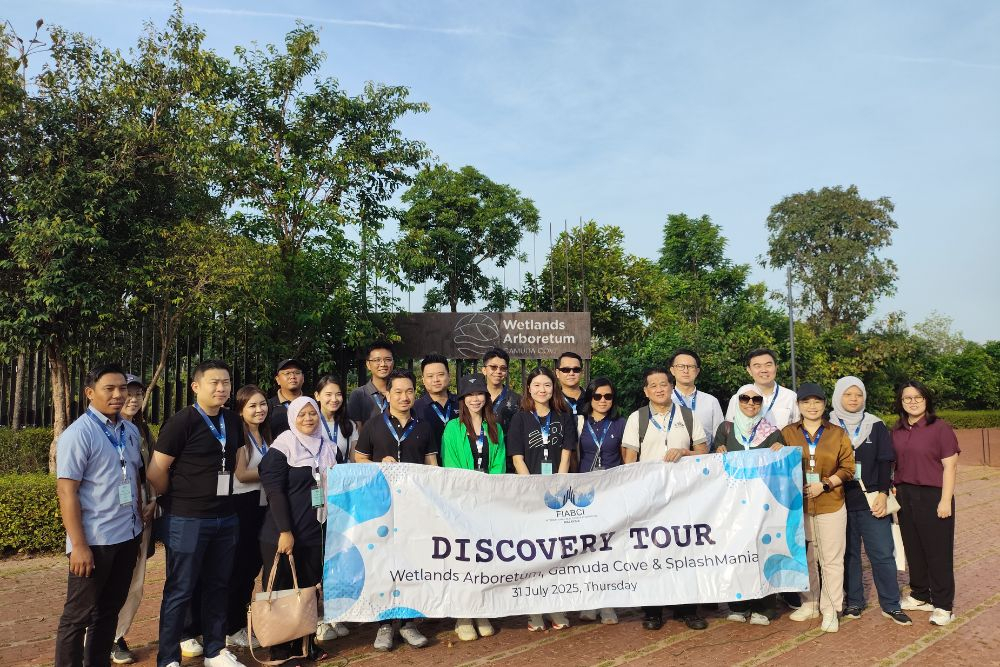
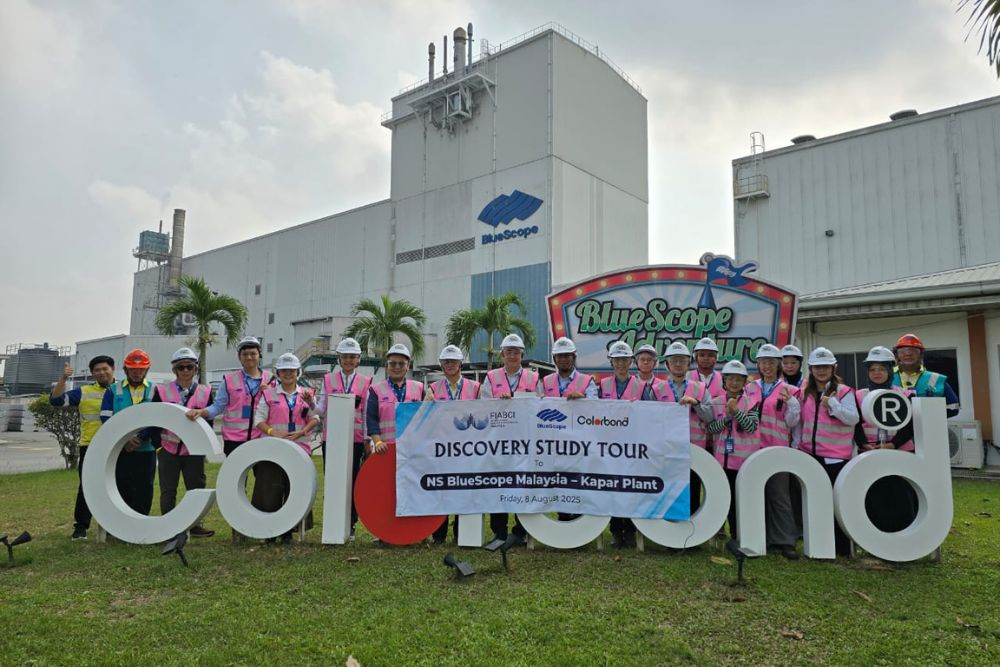




















































































































































































































































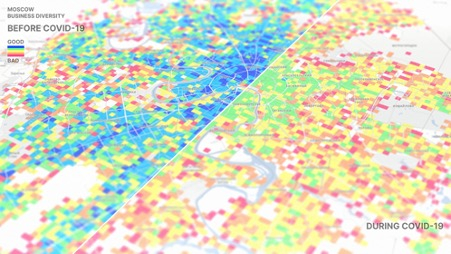












































































![[Webinar Summary] COVID-19: What lies ahead for the Real Estate Industry?](/uploads/news/9i1w05plq2ksbcswuyj5ze2nr.png)































































































